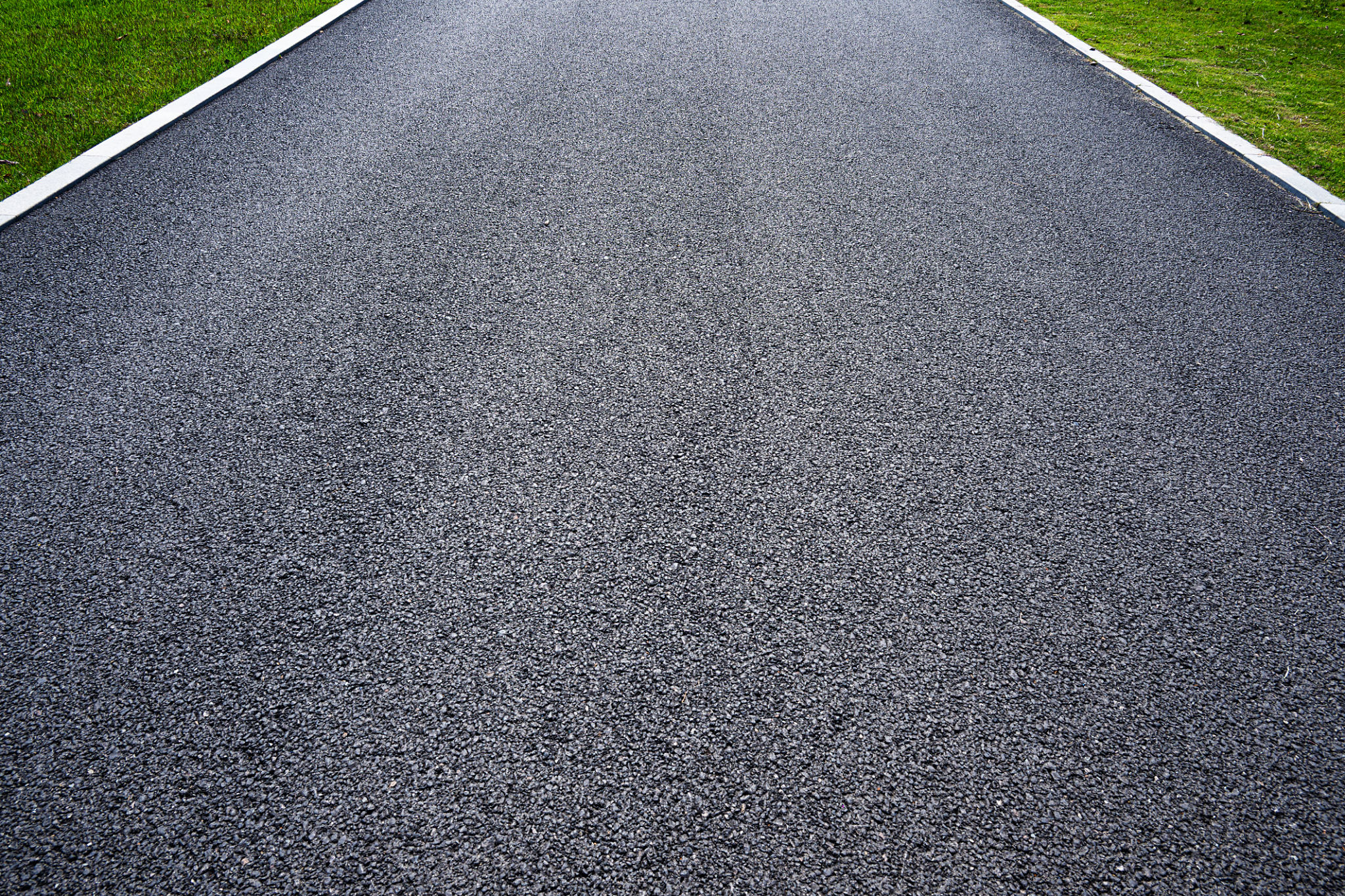Expert Advice on Tarmac Driveways: Installation and Care
PP
Understanding Tarmac Driveways
Tarmac driveways are a popular choice for homeowners due to their durability and aesthetic appeal. Tarmacadam, commonly known as tarmac, offers a smooth, sleek finish that enhances the curb appeal of any property. It is made by mixing aggregates with tar, which provides a tough and weather-resistant surface. Understanding the installation process and care requirements can help you maintain your driveway in pristine condition.

Installation Process
The installation of a tarmac driveway involves several critical steps. Proper preparation and execution can ensure longevity and performance. Here is a brief overview of the installation process:
- Site Preparation: The area is cleared of debris, and the ground is leveled.
- Sub-base Installation: A stable sub-base is laid to provide a solid foundation.
- Applying the Binder Layer: A binder layer is added to enhance the adhesion of the top layer.
- Top Layer Application: Finally, the top layer of tarmac is applied and compacted for a smooth finish.
Choosing the Right Contractor
Selecting a skilled contractor is crucial for the successful installation of your tarmac driveway. Look for professionals with a proven track record and positive customer reviews. It's also important to verify that they use high-quality materials and follow industry standards.

Caring for Your Tarmac Driveway
Once installed, maintaining your tarmac driveway is essential to preserving its appearance and functionality. Here are some key maintenance tips:
- Regular Cleaning: Sweep away leaves and debris to prevent staining and damage.
- Sealcoating: Apply a sealcoat every few years to protect against weathering and wear.
- Repairing Cracks: Address any cracks or potholes promptly to prevent further deterioration.

Preventive Measures
In addition to regular maintenance, taking preventive measures can significantly extend the life of your tarmac driveway. Avoid parking heavy vehicles in the same spot to prevent indentations. Additionally, keep an eye out for oil or fuel spills, as these can degrade the tarmac surface if not cleaned promptly.
Weather Considerations
Tarmac driveways are designed to withstand various weather conditions, but extreme temperatures can affect their integrity. In hot climates, tarmac can soften, leading to surface damage. During colder months, freezing and thawing cycles may cause cracks. Applying a sealant can mitigate these effects by providing an additional layer of protection.
Cost-Effectiveness
Tarmac driveways are not only durable but also cost-effective compared to other paving options like concrete or block paving. The installation process is generally quicker, which can reduce labor costs. Moreover, their low maintenance requirements make them an economical choice in the long run.

The Environmental Impact
Tarmac driveways are increasingly being designed with environmental considerations in mind. Many contractors now use recycled materials in the production of tarmac, reducing waste and conserving resources. Additionally, permeable tarmac options are available, which allow rainwater to drain through the surface, reducing runoff and promoting groundwater replenishment.
By understanding the installation process and implementing proper care techniques, you can enjoy a beautiful and functional tarmac driveway for years to come. Whether you're installing a new driveway or maintaining an existing one, these expert insights will help you make informed decisions and maximize your investment.
